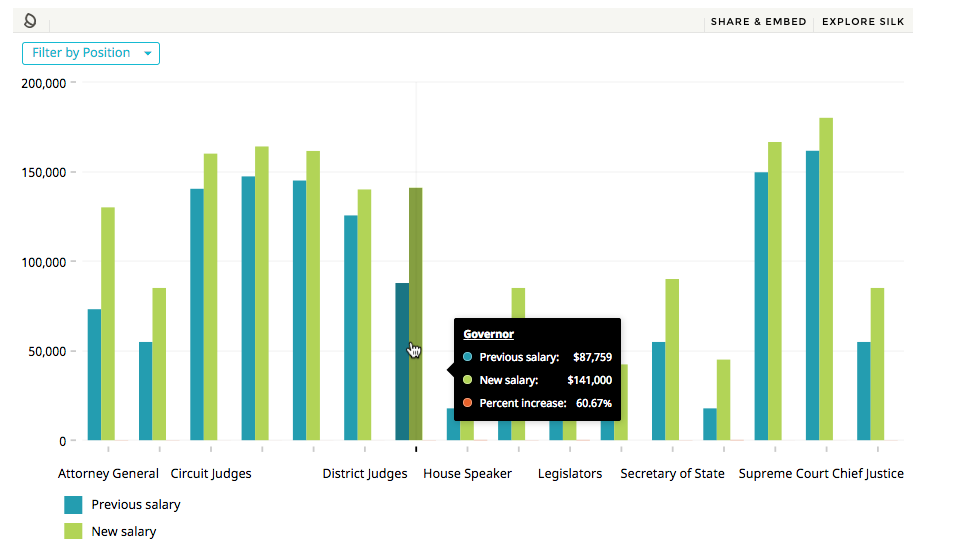City employees in LaFayette, Ga., have been working around the clock all week to repair a broken underground pump station where an estimated 50,000 to 60,000 gallons of raw sewage spilled Monday night into Chattooga Creek.
Fortunately, the creek was swollen from recent heavy rains, and that helped dilute the spill, said Jim Speir, director of the city's Water, Wastewater and Sewerage Department.
"We checked [Chattooga Creek] above the spill and below the spill, and the oxygen levels were excellent," Speir said. "The dilution factor was excellent. If it had to happen, it happened at a good time."
The spill occurred at a sewage station 25 feet underground at Shattuck Industrial Boulevard. A valve failed, causing the facility to flood, which resulted in electrical shortages and pump failures.
City wastewater workers responded after the equipment failure triggered an alarm. They set up a portable pump to prevent further overflows, then worked day and night to fix the facility, officials said.
Work including removing two 500-pound, 40-horsepower electric pumps that were sent to Rome Electric for repair.
"We're putting one of the pumps in right now," Speir said about noon Friday. "Just as long as we get one pump in, one pump will handle the flow."
Speir expected the second pump to be installed sometime next week. Repairs to the pump station should cost less than $10,000, he said.
The sewage station was built in 1973, he said, and the city hopes to replace it with a newer station in which pumps and electrical equipment will be higher up so they won't be submerged by a similar incident.
"We hope to do that in the coming years," Speir said.
LaFayette hasn't had a spill of this magnitude for a while.
"I think the last time we had one was seven years ago," Speir said.
The Georgia Environmental Protection Division classifies any sewage spill of more than 10,000 gallons as "major."
Sam Buckles, municipal team manager of the state agency's Mountain District office in Cartersville, said LaFayette would likely be fined a few thousand dollars for the spill.
"We'll need to do some kind of enforcement. We fine them for this kind of thing," Buckles said.
After a major sewage spill, the state requires municipalities to post signs, notify drinking water intakes up to 20 miles downstream and test upstream and downstream for temperature and levels of fecal matter and dissolved oxygen, Buckles said. Monitoring is required daily for the first week after the spill, then monthly for 12 months, he said.
"The main thing is just making sure the water's safe and people are notified what's going on," Buckles said. "The LaFayette people are pretty good. I've worked with them in the past."

